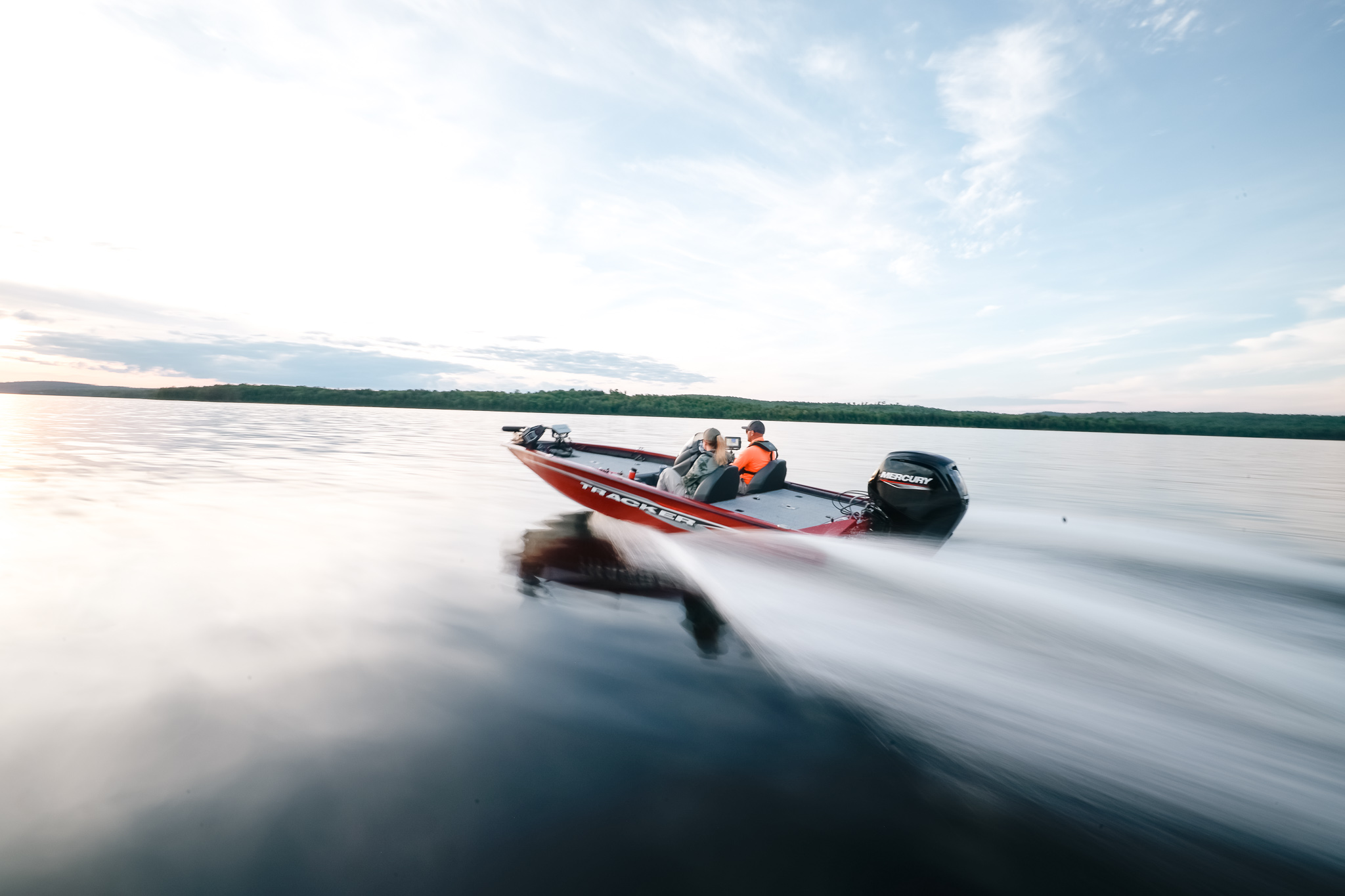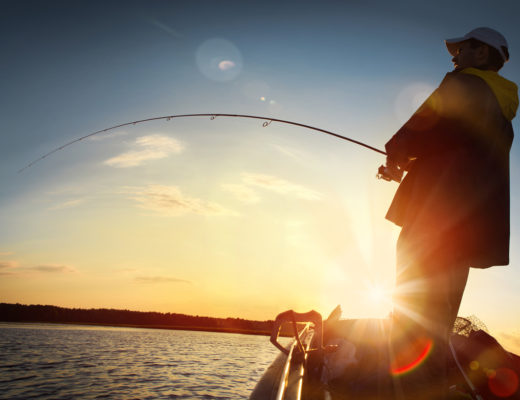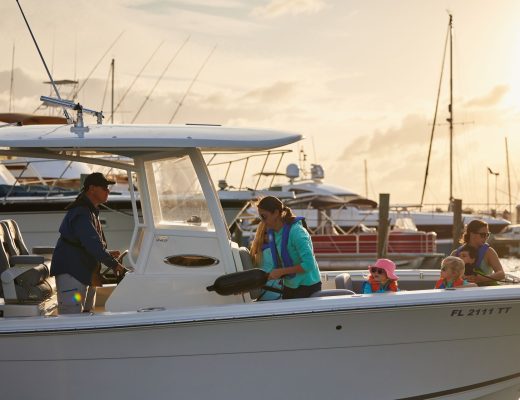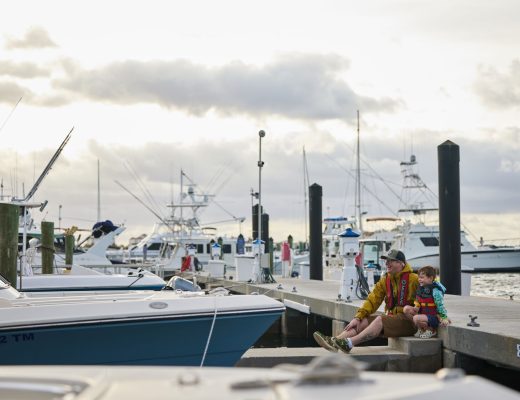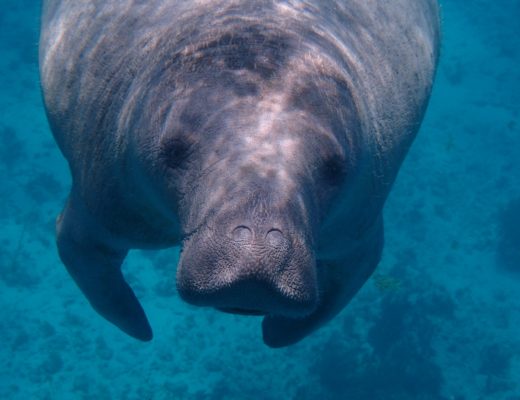Boating in New Jersey is an amazing way to spend a day — or several. Hanging out on these waterways can be relaxing or exhilarating (whichever you prefer), depending on whether you prefer a calm cruise on the water or some faster fun on a personal watercraft (PWC).
Before you hit the water, make sure you understand and follow New Jersey boating laws and regulations. Here’s what you need to know for safe and legal water adventures.
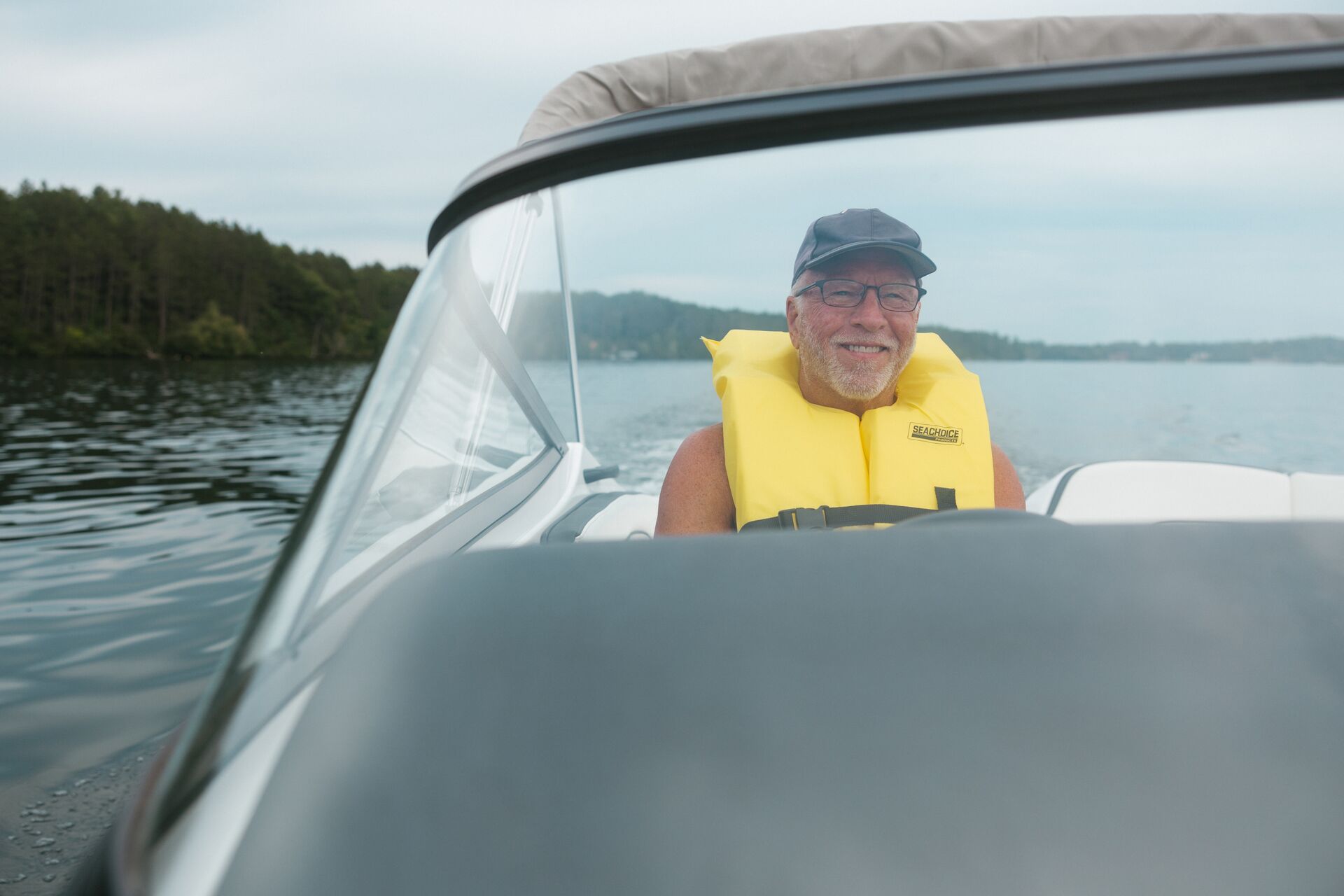
Who needs a New Jersey Boating Education Card?
Before operating a boat or PWC in New Jersey, you must meet the following age and education requirements:
- Anyone younger than 13 years old may not operate a motorized vessel.
- If you are under the age of 16, you cannot operate a PWC.
- However, anyone 13 through 15 years old may operate a watercraft powered by an electric motor or 12 feet or longer and powered by a motor less than ten horsepower only if they have successfully passed a boating safety education course approved by the New Jersey State Police.
- If you are 16 years old or older, you can operate a motorized watercraft if you have successfully completed an approved boating safety course.
Note: Residents of New Jersey must have a New Jersey boating certificate. This applies even if you passed a NASBLA-approved course in another state.
Boat Registration Requirements in New Jersey
In addition to being licensed, if you own a boat, most boats must be registered to operate legally on New Jersey waterways.
Note a few important things to comply with New Jersey boating regulations:
- All titled boats must also be registered.
- You must register any boat (including non-titled watercraft and jet skis and mechanically propelled (including electric motors), regardless of length.
- Boats longer than 12 feet, regardless of propulsion means, must be titled and registered at a New Jersey Motor Vehicle Commission (MVC) office.
Are There Any Exceptions?
Yes! Some boats and marine equipment do not need to be registered, including:
- Vessels not based in New Jersey or that operate in the state for less than 180 consecutive days. This includes vessels operating under a federally approved numbering system from another state.
- Lifeboats for ships
- Non-motorized vessels used exclusively on private property on ponds or small lakes
- A non-motorized inflatable device, like a racing shell, surfboard, kayak, dinghy, or canoe
- A racing vessel with a New Jersey State Marine Police permit
- Non-motorized vessels less than 12 feet long
When using New Jersey waterways, all boats longer than 12 feet must be titled. However, exceptions to this include lifeboats for ships, kayaks, canoes, surfboards, inflatables, rowing sculls, racing shells, and tenders or dinghies used exclusively for direct transportation between a vessel and shore.
Additionally, you’ll need an operator license to drive power vessels on fresh, non-tidal waters such as creeks, lakes, and rivers. The minimum age to operate these vessels is 16 years, with some exceptions.
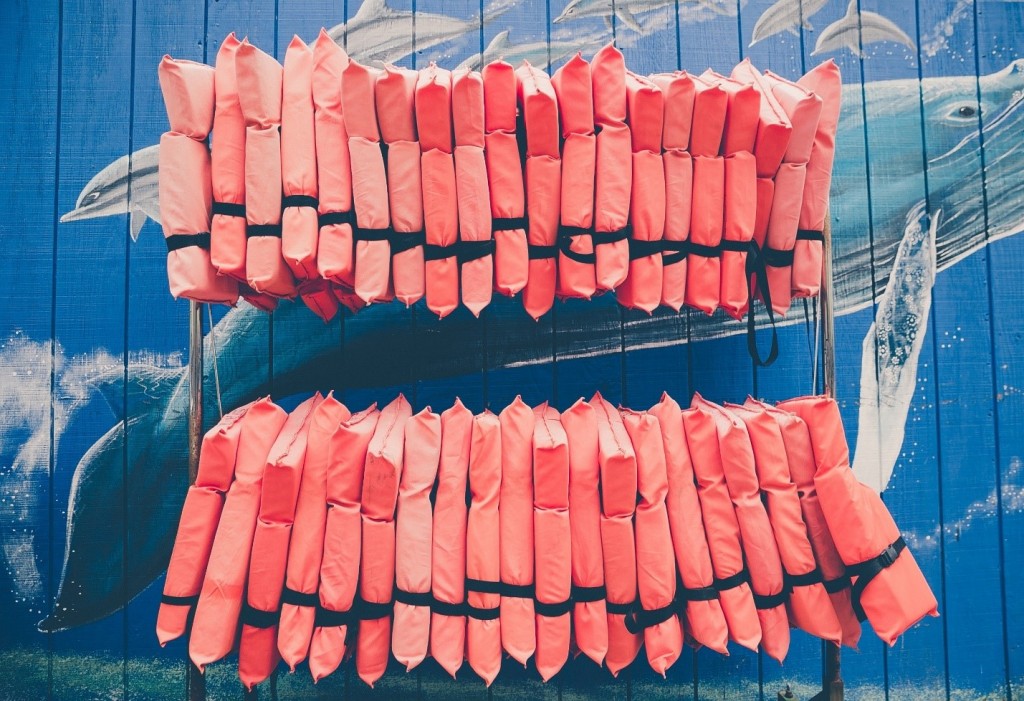
New Jersey’s Life Jacket Requirements
Life jackets save lives when worn! New Jersey has the following requirements for life jackets when on the water.
- All watercraft must have at least one USCG (U.S. Coast Guard)–approved wearable Type I, II, III, or V PFD (personal flotation device) for each person on the vessel or being towed.
- All vessels at least 16 feet long, except kayaks and canoes, must also carry one USCG–approved throwable Type IV device.
- All children 12 years old or younger must wear a PFD when on a vessel that is underway — unless they are in a fully enclosed, non-removable cabin.
- You may not operate a PWC unless each person on the watercraft wears a USCG–approved Type I, II, III, or V PFD.
- You must wear a USCG–approved Type I, II, III, or V life jacket when being towed behind a vessel on aquaplanes, water skis, or any similar devices.
Additionally, all PFDs must be in good and serviceable condition. They must also be readily accessible to passengers on board the boat. Life jackets must be of the proper size for the intended wearer. Size PFDs based on chest size and body weight.
Boating and Alcohol Laws
Boating and drinking is dangerous. So, New Jersey has laws that prohibit operating a watercraft while under the influence of alcohol and drugs.
The term “vessel” includes vessels “temporarily or permanently equipped with machinery for propulsion” or 12 feet or longer. (See N.J. Stat. Ann. § § 12:7-46, 12:7-71 (2016).)
A person is guilty of boating under the influence (BUI) when operating a vessel while:
- Impaired by a narcotic, alcohol, hallucinogenic, or habit-forming drug that alters the boater’s “normal physical coordination and mental faculties [and] render such person a danger to himself as well as to other persons” or
- Has a blood alcohol concentration (BAC) of .08% or higher
What Are the Consequences of a BUI?
The consequences depend on the circumstances of the situation. However, in general, the possible penalties are:
- First-offense BUI for Alcohol Impairment (Or .08% BAC): A first-offense BUI with a BAC of .08% or greater but less than .1% results in $250 to $400 in fines. You also receive a one-year suspension of your boating privileges and a three-month driver’s license suspension.
- First-offense BUI for drug impairment of .1% BAC. A first-offense BUI with a BAC of .1% or higher carries fines of $300 to $500. You’ll also get a one-year boating privilege suspension and a driver’s license suspension of seven months to one year.
- Second-offense BUI. This carries fines between $500 to $1,000 and 30 days of community service. You’ll also spend 48 hours to 90 days in jail and get a two-year suspension of driving and boating privileges.
- Third or subsequent BUI. A third or subsequent BUI carries fines of $1,000 in fines and at least 180 days in jail. However, the court can convert up to 90 days of jail time to community service). You’ll also get a ten-year suspension of boating and driving privileges.
To determine second or subsequent BUI offenses, only BUIs taking place within the past ten years count.
All convicted boaters must comply with the screening, evaluation, and referral requirements of the Intoxicated Driving Program (IDP). You must also complete a state-approved boating safety course.
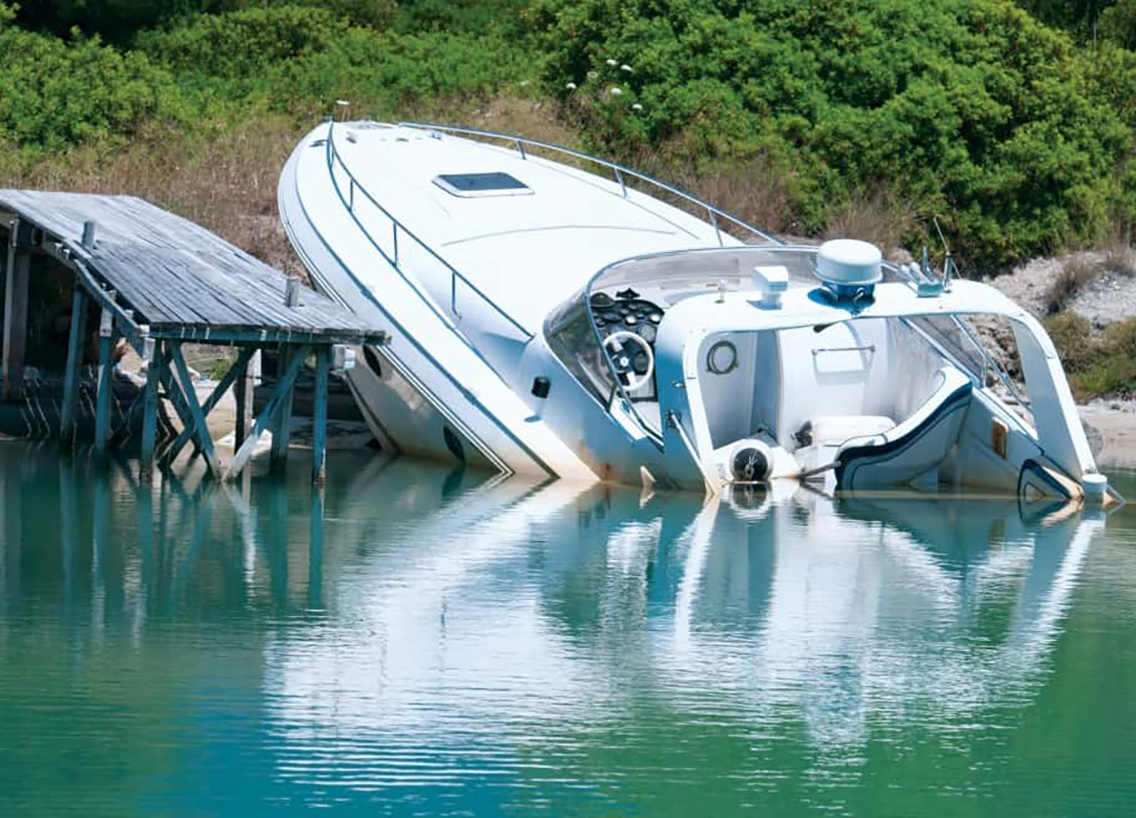
New Jersey’s Boat Accident Reporting Requirements
If you’re involved in a boating accident, New Jersey requires you to render any assistance necessary to the people involved in the accident — as long as you can do this without causing any further injuries or damage to the vessels or people involved. You must also provide your name, address, and vessel information to the operator of the other vessel and any injured people.
Additionally, if the accident results in property damage in excess of $500, injury, or the death or disappearance of a person, you and the other operator must file a full description of the accident with the New Jersey State Police, Marine Law Enforcement station in the area where the accident occurred.
The full description must also include any forms provided to you by the New Jersey State Police.
The waters of the State of New Jersey include up to three (3) nautical miles offshore. So, if you’re involved in an accident within that water that results in the death or disappearance of a person, you are required to report the accident right away to the New Jersey State Police Marine Law Enforcement station where the accident occurred.
All other boating accidents resulting in property damage in excess of $2,000 or personal injury must be reported within ten (10) days.
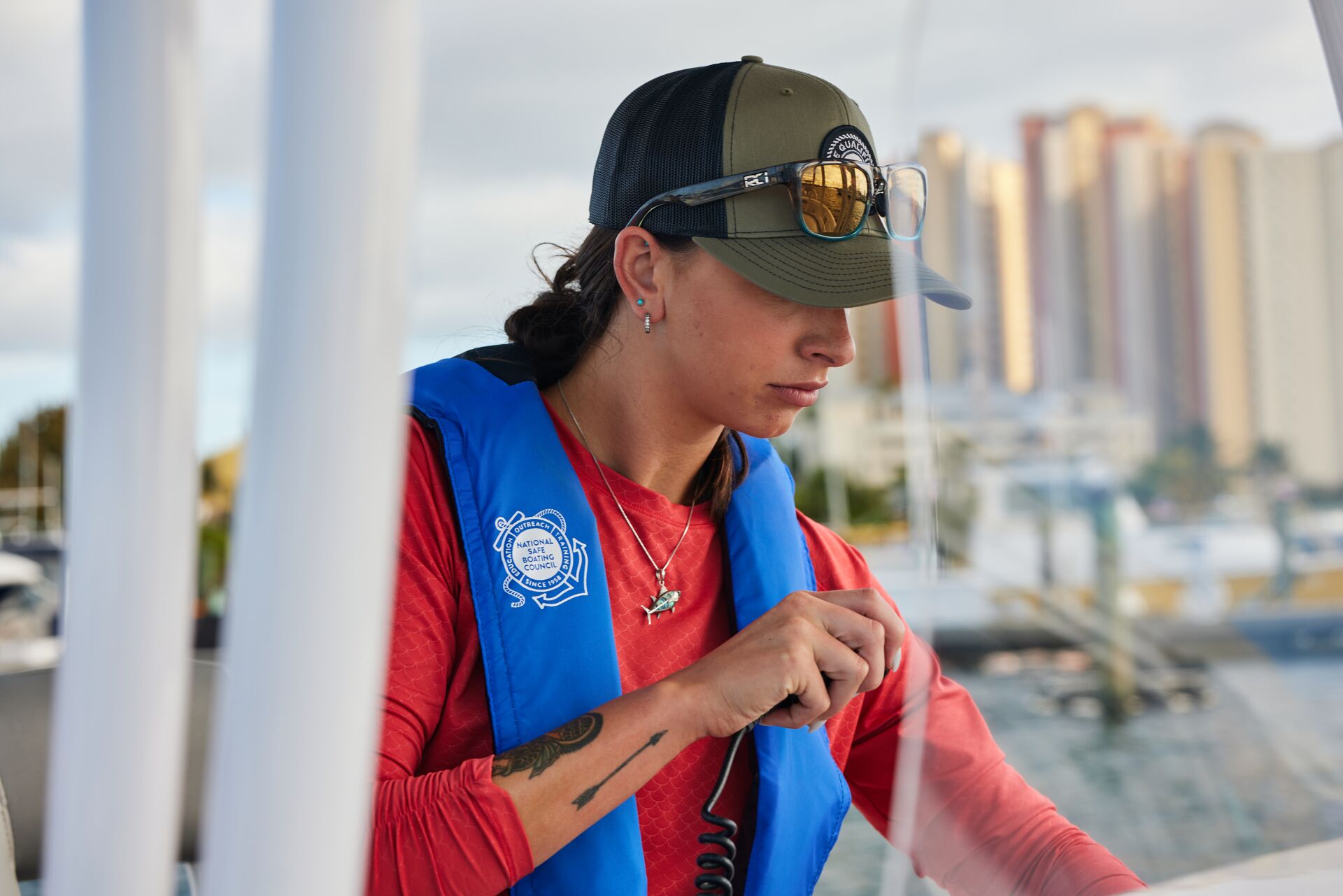
Have Fun and Follow New Jersey Boating Laws When On the Water
Following the rules when on the water leads to more boating fun! In addition to understanding New Jersey boating laws, you’ll need to understand crucial boating safety tips to fully enjoy the water.
Before hitting the waterways, consider taking an online boater education course through BOATsmart! Our courses are a fun way to learn about boating safety and prepare you for plenty of safe fun when boating or enjoying PWCs or paddle craft.
First published in May 2017. Content most recently reviewed and updated for accuracy and recency October 9, 2024.

